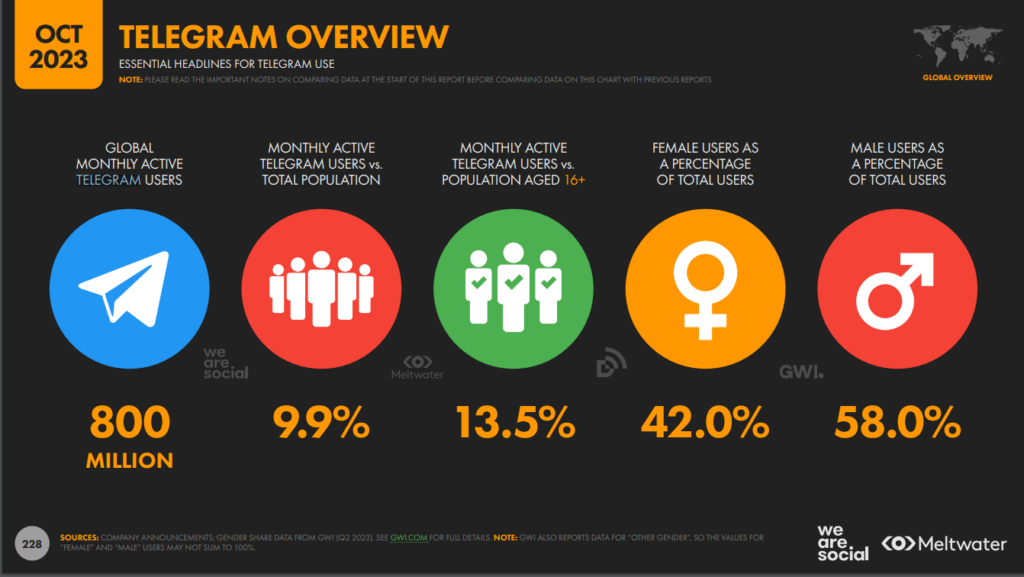Telegram, a platform once known for its staunch commitment to privacy and non-cooperation with governments, has shifted its policies. Following the arrest of its CEO, Pavel Durov, in France, Telegram announced it will now comply with valid legal requests to share user data, including IP addresses and phone numbers, with authorities. This move marks a significant departure from the platform’s previous stance and raises questions about how its users, known for valuing privacy, will respond.
What’s Happening & Why This Matters
Telegram’s New Policy Shift
Telegram’s decision to cooperate with legal authorities came after CEO Pavel Durov was arrested in France last month for failing to adequately control extremist content on the platform. In response to mounting legal pressure, Durov and Telegram announced that the company will now provide user information, such as IP addresses and phone numbers, when authorities present valid legal requests. Durov communicated this change via a post to his 13 million subscribers, emphasizing that the company will disclose data only when users violate Telegram’s terms of service.
The updated policy explicitly states that if a user is suspected of criminal activities, Telegram may share their information after performing a legal review. The platform will also begin including these disclosures in its transparency reports to increase accountability.

Privacy Implications
Telegram built its reputation on providing a secure, government-resistant platform for communication. Founded in 2013 by Pavel and Nikolai Durov, Telegram marketed itself as a fast, secure messaging service that would not submit to government requests for user data. However, its reluctance to moderate content or cooperate with authorities led to misuse by extremist groups, criminal organizations, and other bad actors. Recently, the app has been a communication tool for both anti-government protesters in countries like Iran and Belarus, and state-backed propaganda in Russia.
This new data-sharing policy could shift Telegram’s image. The platform’s 800 million active users have long favored its approach to privacy, but analysts question whether this policy shift will lead some users to abandon it.
A Response to Extremism and Criminal Activities
Telegram’s decision is driven largely by ongoing concerns about how the platform is used for illegal activities, such as drug trafficking, money laundering, and child exploitation. These issues have made Telegram a target for government crackdowns and regulation. By agreeing to cooperate with legal authorities, Telegram may avoid further legal troubles, but it also risks alienating a significant portion of its user base who value privacy and anonymity.

The platform’s new transparency efforts aim to address these concerns. Telegram noted it will include data-sharing activities in its transparency reports, aiming to balance cooperation with authorities and user privacy.
TF Summary: What’s Next?
Telegram’s policy shift is a dramatic change in its approach to privacy, driven by increasing legal pressure. How users respond to this change remains to be seen, but the platform is navigating a delicate balance between protecting privacy and complying with global legal standards. In the coming months, Telegram’s user base may evolve as privacy-focused users look for alternatives, while others may appreciate the platform’s efforts to address illegal activities.


